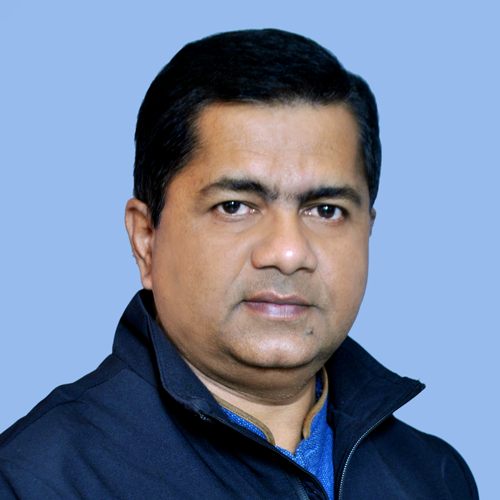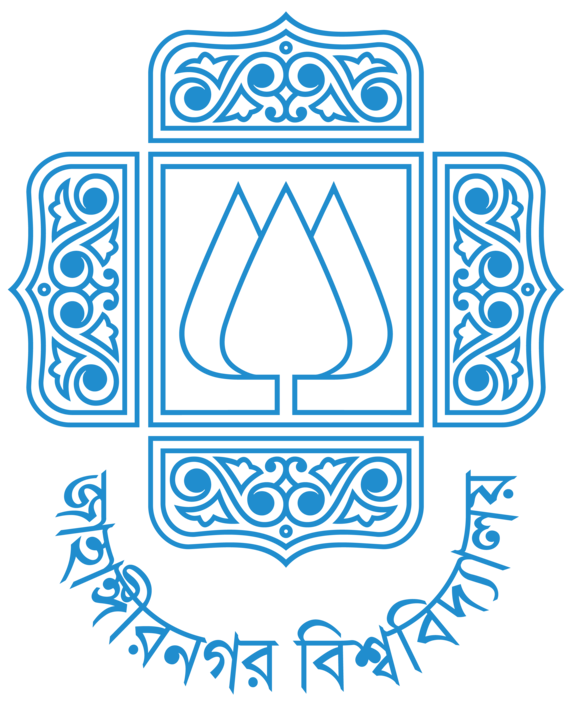
Prelude – fluidity in crystalizing character: Sheikh Tawhidul Islam has a grown-up history which strongly contributed in the making of what he is now. Absence of a brief account on that would lead to provide a partial introduction about him. A complete understanding about him might happen once the whole is taken.
Sheikh Tawhidul Islam navigated as fluid through the passage of time and this dynamic movement gave him opportunities to experience both good and bad events, successes and failures that culminate the present being of Dr Islam. He is concurrently a research practitioner, academician and critical thinker whose current state is strongly influenced by a range of physical, social, cultural processes happened at both systemic and local scales. The facts and descriptions contained this site reflect the work processes that contributed in developing his commitments and present how the works of Dr Islam are intrinsically connected with historical events and social space where he belongs to (i.e., the work-space at varied scales). In the work spaces he experiences conditions, receives impetus, desires to identify the work-necessities and finally the objects that remain at the end of works are the knowledge productions.
Experiencing the society in the making: Keen observations of the society grounded Sheikh Tawhidul Islam in the reality which was, in majority of the cases, filled up with crisis and challenges. The strength lies for Dr Islam is how he tackled those challenges and came out of a situation – winning the challenges empowered him enormously, not for the very crisis that he overcame but with a particular feeling of having tackled that problem and having been transformed through addressing that problem. The challenge-overcome processes, in majority of the cases, had been daunting but at the same time liberating. It allowed him to connect with the griefs of others (extending his work-jurisdictions) and eventually his performance and composition of stories based on data and science happens as if he, personally, is suffering from that problem. These discovering of him by him helped to know his space in the society and he can now imagine the situations even without physically being there.
Trouble-fed living practices of people (resulted from the deprivation of support services) thus come in his mind and he put elements (such as governance-social-economic elements) together to see the challenges in a systematic manner (systems dynamics approach). Feeding knowledge to assay the challenges and to advice independently the solutions, sometimes led him to perform activities that is not always be guided by the established knowledge, he rather brings new ideas in such circumstances, where necessary. Dr Islam observes works that already exists out there – what he is doing essentially is extending his own identity and his ‘sense of self’. He can extend himself when he understands what the ‘self’ is or by questioning how that ‘sense of self’ is constructed. Dr Islam tries to internally transform himself with themselves (who live in destitutions) and try to understand the actors/agents, networks and processes that led them to create their own space within the broader niche. He thinks connecting all these dots, bridging the elements, putting the impact residuals in the contexts, the sense of aspirations of people are necessary to fed the existing knowledge for crafting and delivering the appropriate solutions. His personal transformations reflect the transformations that he observed and went through his presence on this planet. Dr Islam has established collaborations with the economically poor people or low-wage earners (but they are culturally rich), people struggling for a little comfort and transitional security in order to understand elaborately the meaning of transformations, compulsions for transformations.
Transformations through training in the making of material entity: Informal learnings received from local contexts coupled with participation in formal educational processes in Bangladesh and United Kingdom contributed in developing Dr Islam’s aspirations, agility and maturity in conceptualizing the problems deeply, analyze the facts systematically and to provide pragmatic recommendations to address the issues. His academic training in the discipline Geography helped him to examine both the human (social) and physical sides of the challenges and his statistical and geospatial skills contribute in assessing the problems in a data-driven, contextually-correct, comprehensive manner. These learnings and experiences opened up gates for him to enter into the world. He relentlessly tried to sharpen his ability to express problems in concern and communicate that with wider audience through writing articles, books, making oral presentations. The academic qualifications that equipped him with necessary epistemological-ontological-methodological frameworks for critical inquiries along with personal experiences, technical skills and professional exposures made the said individual distinct among the peers. This brief prologue may justify the narratives provided in this web site about the person who was given with a name by his parents in 1971, Sheikh Tawhidul Islam; he is the product of time, space and contrasting-and-complementary forces acted upon the whole systems including him (such as gravitational and quantum forces). His minuscule presence in a social order developed in Bengal Basin within the extremely large contextual local/global/universal settings are illustrated in this website.
